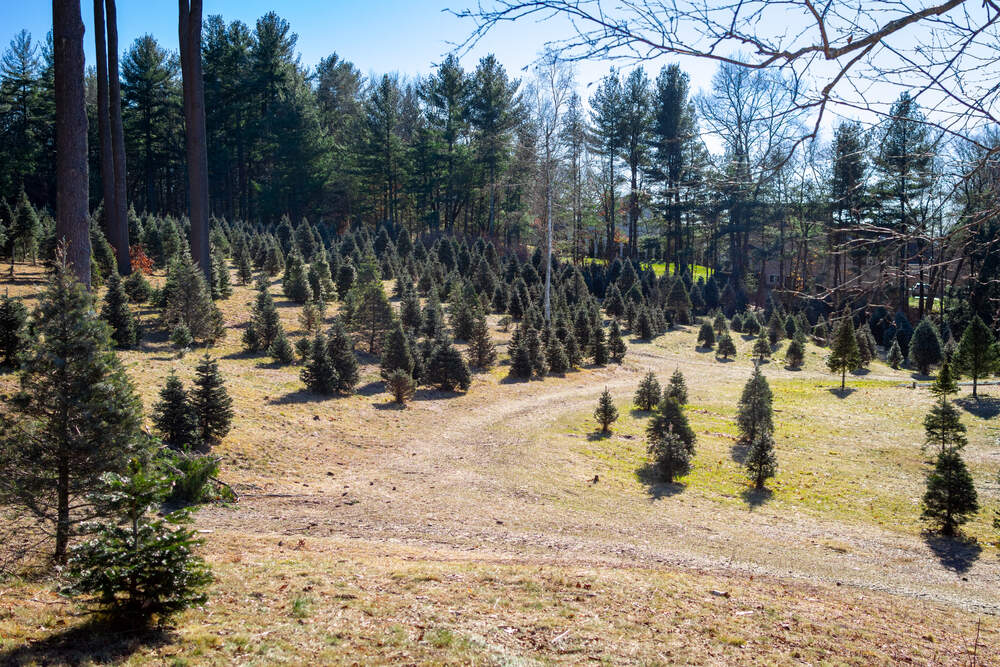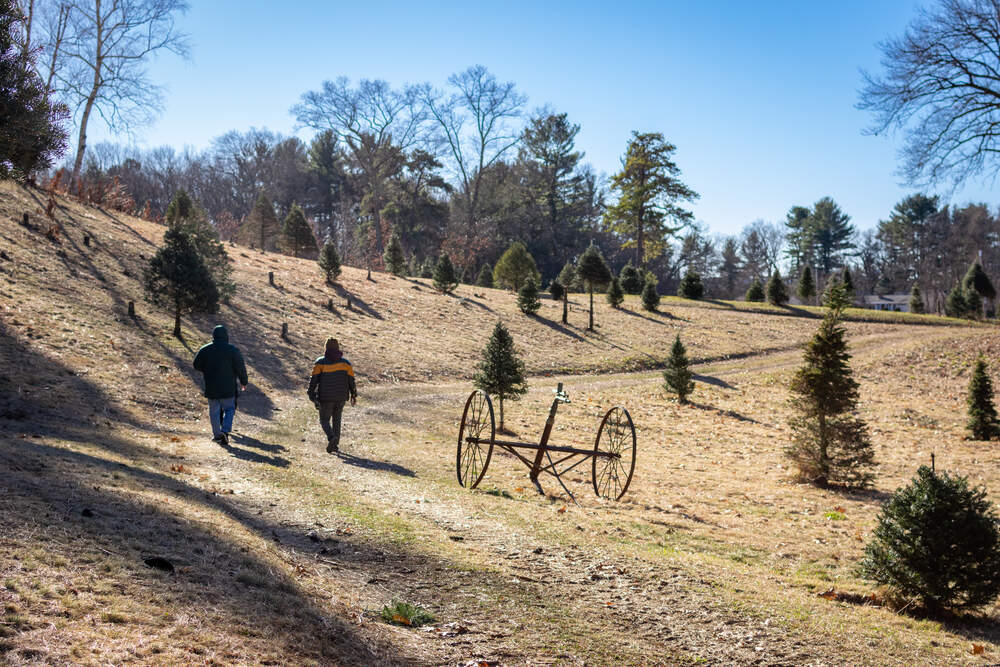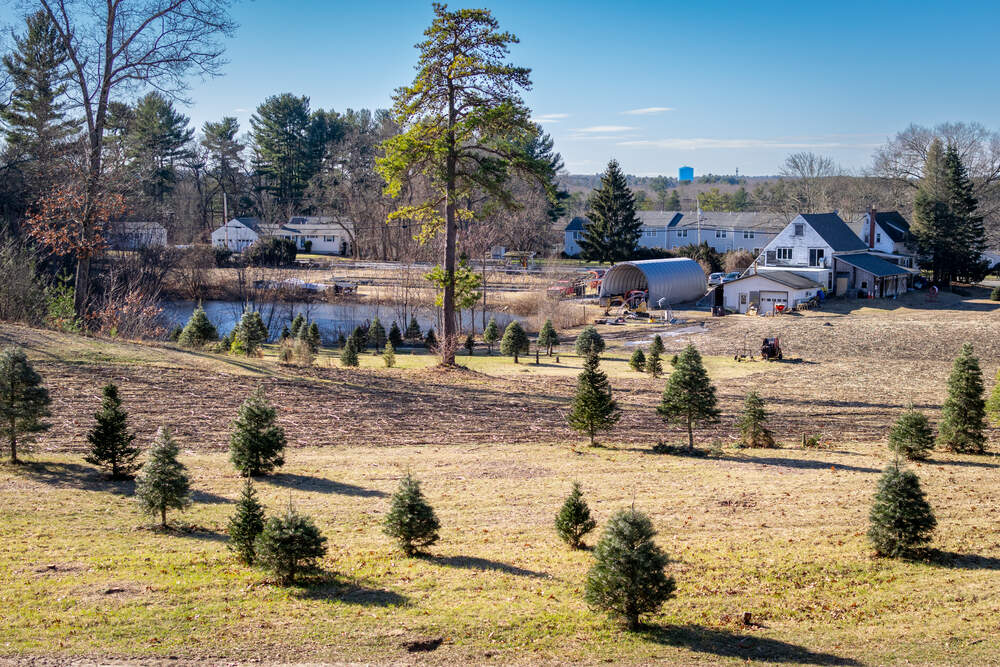Advertisement
Group to turn Lowell Christmas tree farm into nature sanctuary

A group of nonprofits plans to convert a 20-acre Christmas tree farm in Lowell into forest with public trails. The resulting Pawtucket Farm Wildlife Sanctuary will be dedicated to permanent conservation and provide space for a sustainable vegetable farm, an education center, an outdoor classroom and a community garden.
The consortium — comprised of Mass Audubon, Lowell Parks & Conservation Trust, Mill City Grows and the city — raised private and public funds to buy the property, called Rollie’s Farm, for $4.5 million and expects to raise up to $15 million to convert it into the sanctuary, according to Mass Audubon, which will own the area.
“It’s rare to find 20 acres in a densely populated city that can be turned into protected open space,” said Mass Audubon President David O’Neill in a press release. “Increasing access to the outdoors and connecting people to nature in their city is a win-win because it benefits under-resourced neighborhoods while battling climate change.”
The sanctuary will be one of the largest multiple-use recreation areas in Lowell, a highly urbanized city known for its industrial past. The project’s goal is to provide the community — which includes low income and immigrant populations — more access to nature, food security and increase the city’s climate change resilience.
“This provides a full on experience with the outdoors and nature. You walk 20, 40 feet into the brush and you forget you're in the city. I think that’s really important,” said Lowell resident Dai Kim, who is the food access director at Mill City Grows, the nonprofit that will manage the farm.

Mill City Grows will manage the sanctuary’s community garden, which will have space for at least 30 families to plant their crops. The nonprofit will also sell at its farm stand accepting food access benefits such as the Massachusetts Healthy Incentives Program (HIP).
More than a third of residents surveyed by Mill City said they usually didn’t have enough money to buy the food they wanted to eat. The percentage was higher among Latino (51%), Asian (45%) and Black or African American (35%) respondents, compared to the white respondents (26%).
The initiative also aims to help minimize the impacts of climate change, according to Mass Audubon: trees reduce heat and stormwater runoff to surrounding neighborhoods. The new trees will also absorb more greenhouse gases.
“Open space is incredibly important to the ability of communities to adapt to a changing climate,” said Renata Pomponi, senior director of strategic initiatives for Mass Audubon. “This particular property has been farmed as a monoculture, meaning single type of crops. We're looking forward to changing that mix to a more diverse set of plants that are beneficial to wildlife and also help with preventing soil erosion.”
The area will also be home to several animals, especially because of its location between two other wildlife habitats: the 1,100-acre Lowell-Dracut-Tyngsboro state forest and the Merrimack River.

According to Mass Audubon, species such as red-tailed hawks, bald eagles, deer, coyotes, bobcat, painted turtles, and many other smaller mammals and songbirds have been seen on the property. Experts evaluated that the restoration could benefit species such as the American woodcock, the New England cottontail, and Eastern box turtle.
The plan also includes new native species gardens to attract pollinators.
“We know that this was probably the last large acreage we will ever have access to in the city. It's the last family farm,” said Jane Calvin, executive director of Lowell Parks & Conservation Trust, a partner in the project.
The area is expected to be open to the public by the end of the year.
